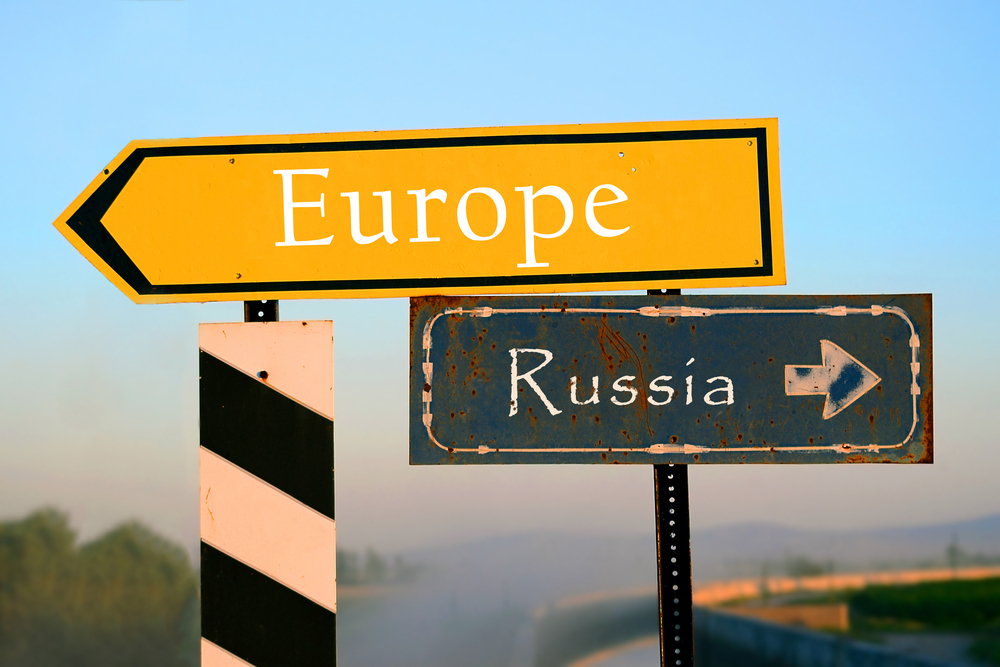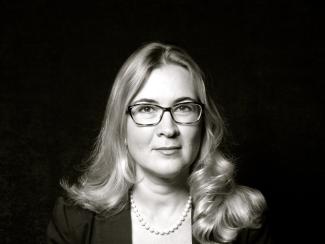
Practical information
Themes and regions
Related centers and programs
The Ukrainian crisis buried 25 years of attempts by Russia to become part of an "extended West" or "Wider Europe". Despite obvious differences between Russian presidents since Boris Yeltsin, the conceptual course in favour of "integration" with Europe remained unchallenged, although conditions on which Russia was ready to embrace Western pattern changed with time.

Ukraine not only reshuffled Russian relations with the West, but also shaped a different perception of priorities both within Russian establishment and society. The previous chapter of "Europeanisation", which was seen as a strategic vision after the collapse of the USSR, has given way to a deliberate distancing from Europe as a model. Meanwhile Russia’s declared pivot to Asia means change of centuries long European-centric (regardless pro- or anti-European) thinking and revaluation of Russian self-identification. A better understanding of this new Russia is essential for Europeans to better figure out how to approach their big neighbour in the future.
Speakers:
Fyodor LUKYANOV, editor of Russia in Global Affairs journal and chairman of Council on Foreign and Defense Policy, Moscow
Alexey MILLER, History Professor of Central European University in Budapest and European University in Saint Petersburg
Discussant:
Cyrille BRET, Professor at School of Public Affairs, Sciences Po, Paris
Moderator:
Tatiana KASTOUEVA-JEAN, Head of Russia-NIS Centre, Ifri, Paris
A light sandwich lunch will be provided.
Speakers
Related Subjects
Other events

From Ambition to Action: Exploring Technological Partnerships with India
The 16th EU-India Summit, held on January 27th in New Delhi with European leaders António Costa, Ursula von der Leyen, and Prime Minister Narendra Modi, marks a significant milestone in deepening EU-India relations. At the same time, official bilateral visits from EU member states are on the rise, including that of the French President, who visited India in February to participate in the Artificial Intelligence Summit. As India asserts its technological ambitions and seeks to reduce its dependence on China, Europe is stepping up its efforts to diversify its strategic partnerships.

The Enlargement of the European Union: A Strategic Choice? France, the Western Balkans and the EU in an Uncertain Geopolitical Context
Russia’s war against Ukraine has brought the enlargement of the European Union back to the centre of European strategic debates. In this context, the Western Balkans have regained heightened visibility in discussions on the continent’s security, at a time when the international environment is marked by a growing number of destabilising factors.








